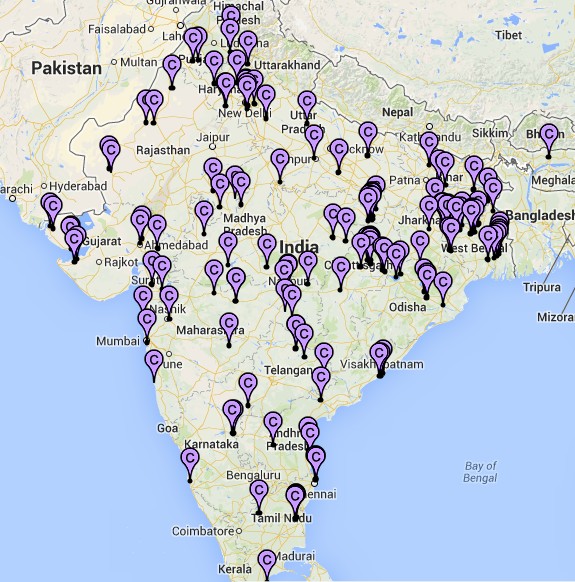The European Environment Agency (EEA) has said that our quest for uninterrupted economic growth “has detrimental effects on the natural environment and human health” because of “the Great Acceleration in human consumption”. Human civilisation is currently profoundly unsustainable, the authors concluded.
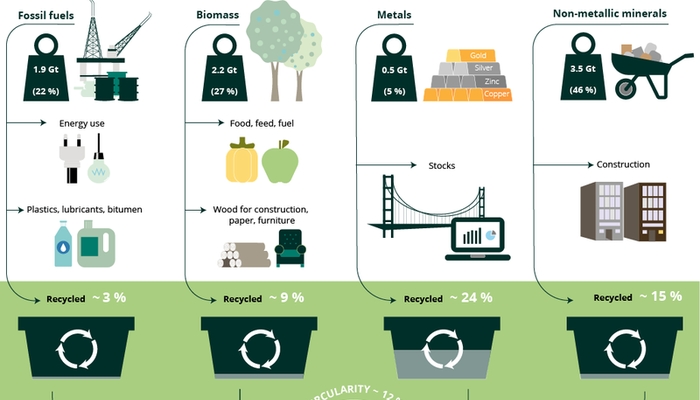
Not only does the EEA report reject traditional economic growth, but it also casts serious doubt on so-called ‘green growth’, which seeks to grow the economy while reducing the harmful environmental impact of economic activity.
“High-level policies… propose decoupling of economic growth and resource use as a solution,” the EEA describes, then dismisses these efforts because recent studies “find no evidence of absolute decoupling between growth and environmental degradation having taken place on a global scale”. The EEB concludes that that green growth cannot reduce resource use on anywhere near the scale required to deal with global environmental breakdown and to keep global warming below the target of 1.5°C above pre-industrial levels, the threshold established as part of the Paris Agreement.
The EEA document explores a number of alternative sustainable economic approaches, such as ecological economics and doughnut economics, which is a framework for sustainable development that does not overshoot the Earth’s natural limits. “Social, political and technological innovation is called for to translate alternative ideas about growth into new ways of living. Inspiration is also to be found in very old traditions,” said the EEA. “European heritage is much richer than material consumption. The fundamental values of the EU are human dignity, freedom, democracy, equality and the rule of law, and they cannot be reduced to or substituted by an increase in GDP.”

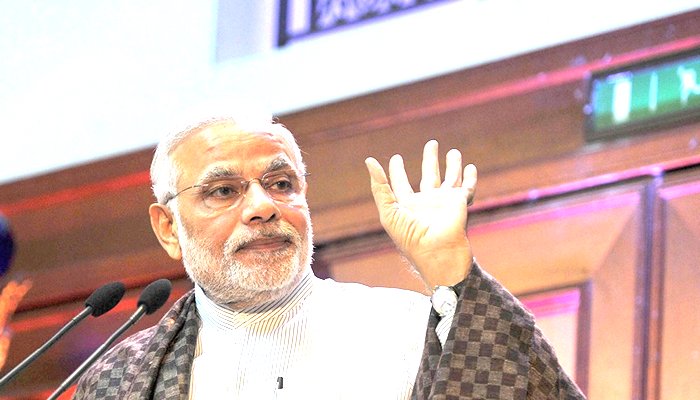
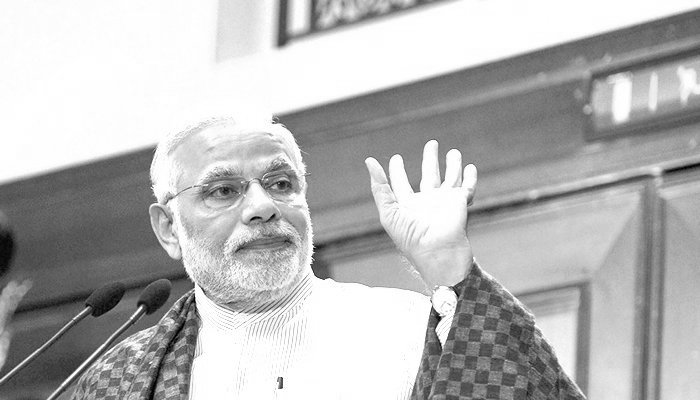
 This is unlikely to result in any constructive recognition of all that is linked. A country’s total emissions is one part of the ‘development’ picture and others are at least as important. There are also tons of CO2 emitted per capita (India has often said that its per capita emissions are far below those of the West). And there is per capita consumption of electricity (which is still mainly generated by burning coal).
This is unlikely to result in any constructive recognition of all that is linked. A country’s total emissions is one part of the ‘development’ picture and others are at least as important. There are also tons of CO2 emitted per capita (India has often said that its per capita emissions are far below those of the West). And there is per capita consumption of electricity (which is still mainly generated by burning coal).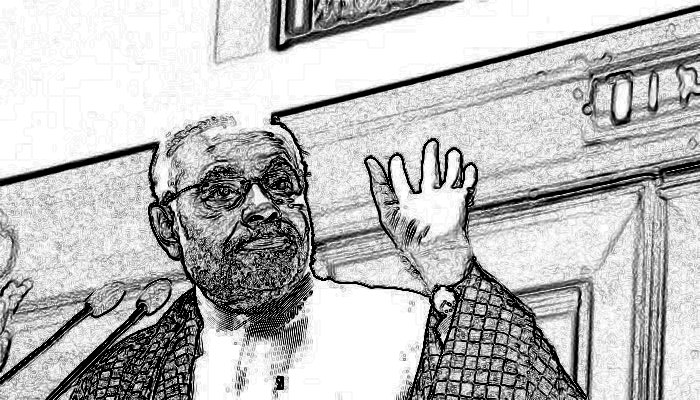 Thus the message to policy-makers is clear – what counts is what you do at home, in states and districts. The expectation that “international cooperation” should guide effective adaptation at all levels is no longer (and in our view has never been) tenable.
Thus the message to policy-makers is clear – what counts is what you do at home, in states and districts. The expectation that “international cooperation” should guide effective adaptation at all levels is no longer (and in our view has never been) tenable.





 We must question the profligacy that the Goyal team is advancing in the name of round the clock, reliable and affordable electricity to all. To do so is akin to electoral promises that are populist in nature – and which appeal to the desire in rural and urban residents alike for better living conditions – and which are entirely blind to the environmental, health, financial and behavioural aspects attached to going ahead with such actions. In less than a fortnight, prime minister Narendra Modi (accompanied by a few others)
We must question the profligacy that the Goyal team is advancing in the name of round the clock, reliable and affordable electricity to all. To do so is akin to electoral promises that are populist in nature – and which appeal to the desire in rural and urban residents alike for better living conditions – and which are entirely blind to the environmental, health, financial and behavioural aspects attached to going ahead with such actions. In less than a fortnight, prime minister Narendra Modi (accompanied by a few others) 